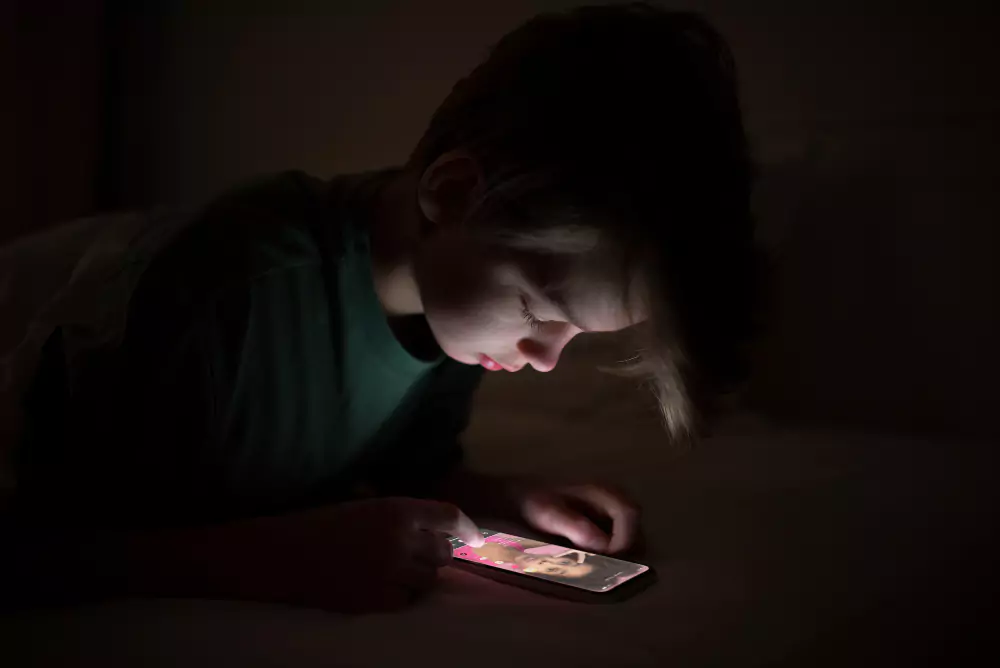- +91-8369525418
- pradnyakasaar702@gmail.com
- Mulund, Maharashtra

When Screen Time Becomes a Struggle
In today’s digital age, the internet is a powerful tool for learning, work, and connection. But for some, the online world becomes all-consuming—disrupting sleep, relationships, studies, and emotional health. This growing concern is known as Internet Addiction, and it affects both adolescents and adults across all walks of life.
Internet addiction is not simply about spending too much time online; it’s about losing control over usage. Whether it’s social media, gaming, streaming, or endless scrolling, the behavior becomes compulsive. Individuals may feel anxious, irritable, or restless when not online. They often ignore real-life responsibilities, avoid social interactions, and experience a decline in academic or professional performance.
Common signs of internet addiction include:
Preoccupation with being online
Inability to limit screen time
Neglect of personal, academic, or work responsibilities
Mood changes when access is restricted
Loss of interest in offline activities
At Dr. Pradnya Kasar Jain’s clinic, we recognize that internet addiction is a real mental health concern, not just a “bad habit.” Through detailed evaluation and personalized treatment plans, we address the psychological patterns behind the addiction. Therapy focuses on improving self-control, building offline social skills, managing anxiety or depression (if present), and restructuring daily routines for a healthier digital balance.
Parents, too, play a vital role, especially when children or teens are affected. We offer family counseling and screen-time management strategies that empower families to support lasting behavioral change.
With the right help, individuals can learn to use the internet mindfully—regaining time, focus, and mental clarity.
Internet addiction can feel overwhelming—but recovery begins with awareness, support, and action. Let’s reclaim balance, together.